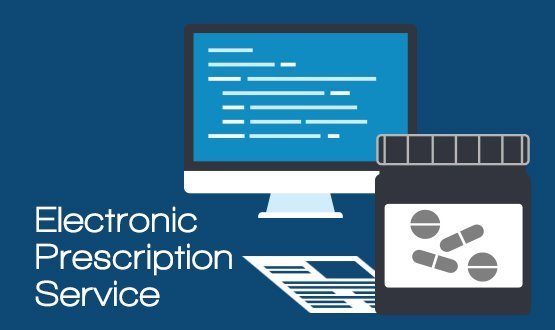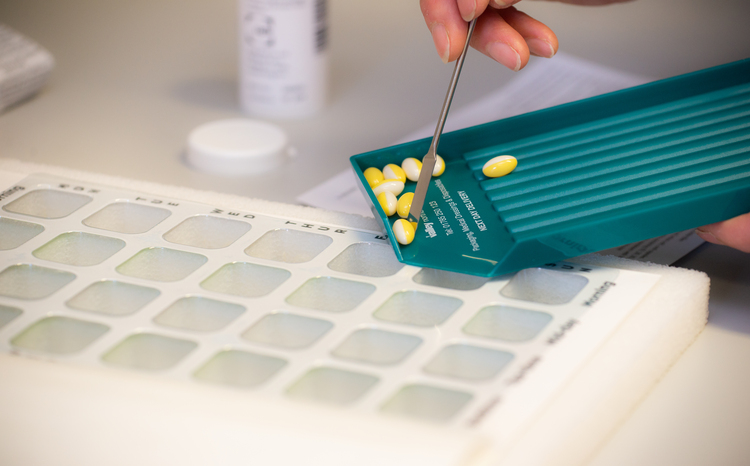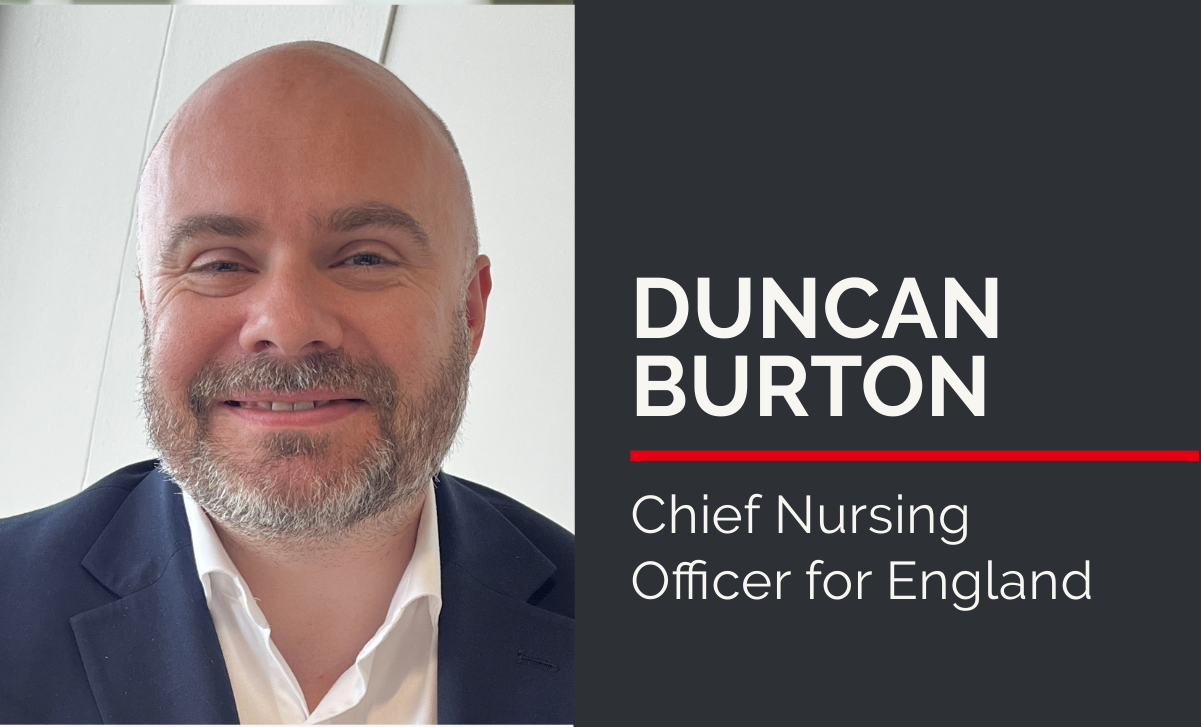Electronic Prescription Service to be pushed out nationally across urgent care
- 4 April 2018

Use of the Electronic Prescription Service (EPS) is being pushed out nationally across urgent care settings following a successful pilot.
The decision means patients seeking treatment from participating walk-in clinics, minor injuries units and NHS 111 will be able to have their prescriptions sent electronically to a pharmacy.
Initially, the service will be available to clinics running the Advanced Adastra patient management system, which is used by the majority of urgent care settings.
The switch to EPS will not be mandatory: instead, NHS Digital hopes to encourage providers to move to the system in line with its paperless agenda targets.
Digital Health News understands that six providers are due to be upgraded to the EPS-enabled version of Advanced Adastra by May, followed by a phased switch-on across London over the following two months.
Approximately 20 providers are expected to have upgraded by the summer.
Dr Vishen Ramkisson, senior clinical lead at NHS Digital, said: “Reducing winter pressures on the NHS has become a catalyst for change, resulting in new levels of digital innovation that will have profound benefit to patients, care providers and local pharmacies.
“This is a significant step in extending the benefits of digital prescribing, providing a faster, better and more efficient system for patients, doctors and pharmacists.
“Faster processing of prescriptions from NHS 111 and out of hours will enable those services to treat more urgent cases or spend more time treating each patient.
Pilots in London and the East Midlands took place from December and involved 73 prescribers and 257 dispensers.
When treating a patient, doctors are able to see which pharmacies are open nearby and advise patients where they can pick up their medication as soon as possible.
Patients who require urgent care, particularly out of hours or during the night, are therefore able to access dispensing services.
As well as freeing up time for healthcare workers issuing prescriptions and pharmacists, patients who require repeat supplies of ongoing prescriptions will no longer need a face-to-face consultation with a clinician, theoretically meaning more time for patient care.
Nick Wilson, managing director of public sector, health and care at Advanced, said:
“The problem of getting medication out of hours often results in patients going to A&E. Now, following a telephone consultation with 111 or the out-of-hours service, a prescription can be sent electronically to the closest open pharmacy, allowing patients to quickly receive the medication they need.
“This is a fantastic example of our partnership with both NHS England and NHS Digital to introduce such an innovative service so quickly, and one that will have profound benefit to patients, care providers and local pharmacies alike.
NHS Digital is now working with other IT suppliers to integrate EPS functionality into their systems.





9 Comments
The benefits of ePrescribing, eDispensing and eAdministering to the health consumer are huge … IT’s a no brainer, but pharmacists should operate independently i.e. IT should be managed and the DATA should be worked @ the national level to ensure all drug and IT suppliers are “competing” on a level playing field. I hope that make sense to leaders working at the national level, if not, then ask.
It’s about time that ALL hospital prescriptions are sent electronically – how long, after an outpatient visit and a hand-written prescription issued which can only be used at the Hospital Pharmacy, do you have to wait for the prescription to be fulfilled? Recently had to wait nearly 2 hours at Southend Hospital – the cynic in me thinks that the Hospital just wanted to earn more parking money and for us to spend money in Costas…… Spoke to the local CCG and “it’s in the contract that prescriptions issued in Hospital can only be used there” ….
This is a step forward, ETP is good thing. Prescribing out of context may not be. Surely shared urgent care records and secure consent models are needed for safer, better care?
We have had e-prescribing at Southend for some time including in outpatients, so I am surprised that you had a hand written prescription.
Not had an e-prescribing prescription for an outpatient appointment at anytime at Southend – last for my Wife was handwritten and had to be presented at the Hospital Pharmacy. One before was at the Canvey Outpatient Centre and was a handwritten standard green form that can be used at any Pharmacy. The whole process at Southend Hospital is distinctly Patient unfriendly.
Impact analysis please. Will this really make a difference. I might be wrong but it sounds just like a hare brained idea. That’s not saying electronic transfer not a good thing, and we should roll out what is there, but does it warrant this kind of attention in this case?
Dave, there are a couple of areas where it will make a difference. The first is it is far more convenient for patients at night. They can speak to a clinician and where the need for treatment can be determined over the telephone they can have the necessary treatment sent to a local open pharmacy. Before the patient would have to travel to the urgent care centre, see the clinician, collect a prescription then take it to the pharmacy. Secondly, having the prescription information sent electronically saves time and money in the processing of the prescription to allow payment to the pharmacist. With paper prescriptions this is a very labour intensive and therefore costly task.
Why is this not being added as a contractual requirement? Certain providers will ONLY do what is in their contract, how do we expect to drive the digital transition forward if it’s only an option and not a requirement?
I really don’t see how this is going to work. How many pharmacies are open during the night? There may be some in central London but out in the sticks? Is there going to be extra funding for late night pharmacies?
Comments are closed.